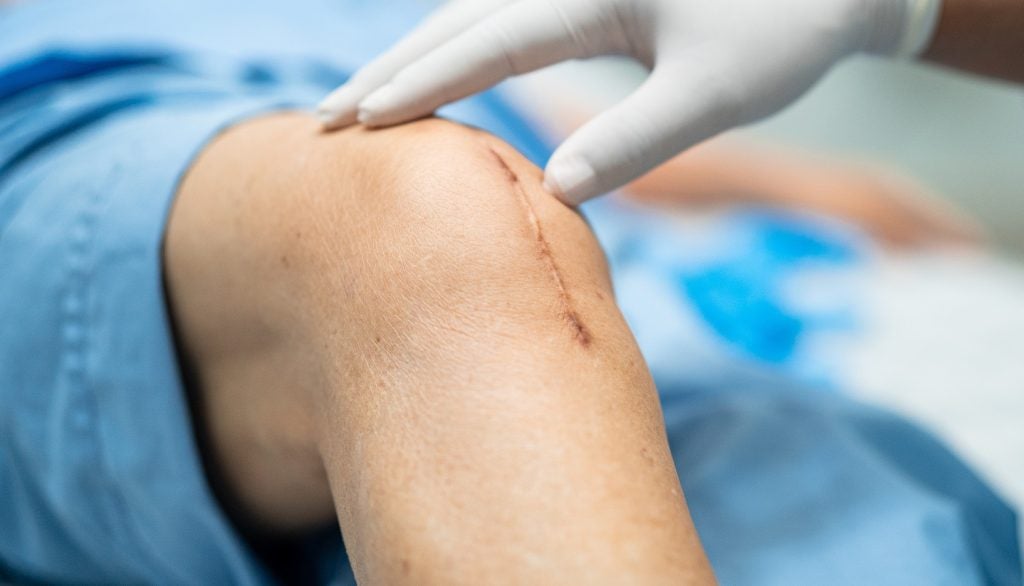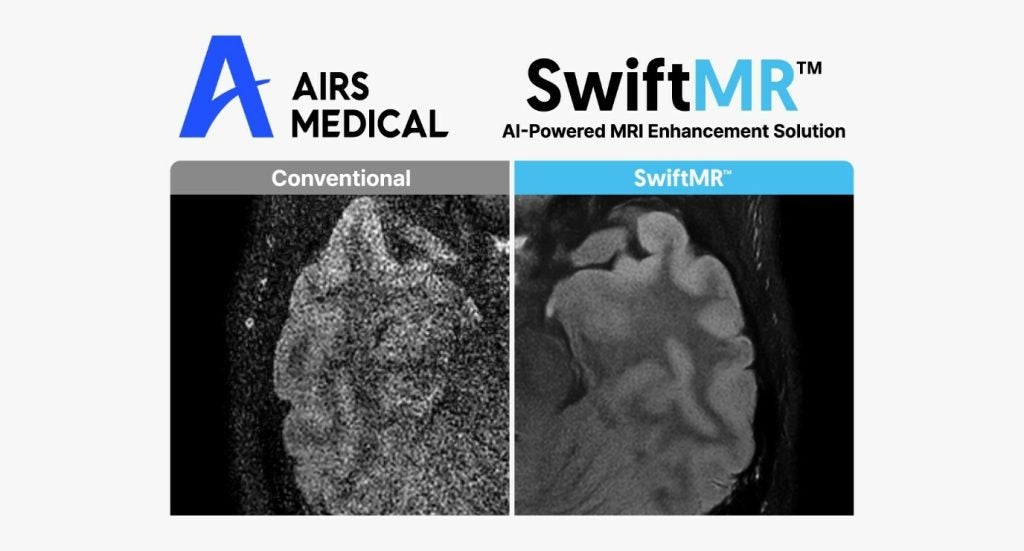
In a UK first, a team from University College London Hospitals (UCLH), University College London (UCL) and Great Ormond Street Hospital (GOSH) has successfully operated on the spinal cords of two babies with spina bifida still developing in the womb.
The fetoscopic surgery was a success, with surgeons able to repair the defect in the spine of the two babies in separate operations this summer. The hospital reports the mothers and babies are recovering well.
The UK-based institutions partnered with University Hospitals Leuven in Belgium for training before carrying out the operations in the UK.
GOSH lead neurosurgeon Dominic Thompson said: “In spina bifida, the spinal canal does not close completely in the womb, leaving the spinal cord exposed from an early stage in pregnancy. This results in changes to the brain, as well as severe permanent damage to the nerves on the lower half of the body.”
UCLH and Leuven lead foetal surgeon Jan Deprest added: “Operating in the womb involves opening the uterus, exposing the spina bifida without delivering the baby, closing the defect and then repairing the uterus to leave the baby safely inside.”
Until now, pregnant women in Britain could choose to have foetal surgery abroad or postnatal surgery but did not have the option for the surgery in the UK.
How well do you really know your competitors?
Access the most comprehensive Company Profiles on the market, powered by GlobalData. Save hours of research. Gain competitive edge.

Thank you!
Your download email will arrive shortly
Not ready to buy yet? Download a free sample
We are confident about the unique quality of our Company Profiles. However, we want you to make the most beneficial decision for your business, so we offer a free sample that you can download by submitting the below form
By GlobalDataSurgeons say conducting this kind of surgery in the womb offers better outcomes than postnatal surgery, as patients with spina bifida are often incapable of walking, and may require a series of operations to drain fluid from the brain later in life. Research in the US prior to the operations found that prenatal closure was associated with a 50% reduction in the need for surgical shunt placement in new-borns and resulted in a significant improvement in motor function at 30 months of age.
UCL Great Ormond Street Institute of Child Health Professor Paolo De Coppi said: “The reduction in the need for shunts is particularly important as long-term follow-up of children that have undergone prenatal closure in the womb suggests that brain function, mobility, and total independence were higher in non-shunted than shunted children aged five.”
UCLH clinical director for Women’s Health Professor Donald Peebles said: “The Centre for Prenatal Therapy programme at UCLH and GOSH has been made possible thanks to generous charitable funding totalling £450,000 from GOSH Children’s Charity and UCLH Charity.
“These vital funds have provided training for the surgical team and will fund surgery for the first 10 patients. While we currently only perform an open foetal surgery approach, we are developing the fetoscopic approach in pre-clinical models and hope this could further minimise maternal complications.”
The team is also researching a minimal access fetoscopic technique which aims to develop new fetoscopic tools and imaging techniques to support prenatal therapy.





